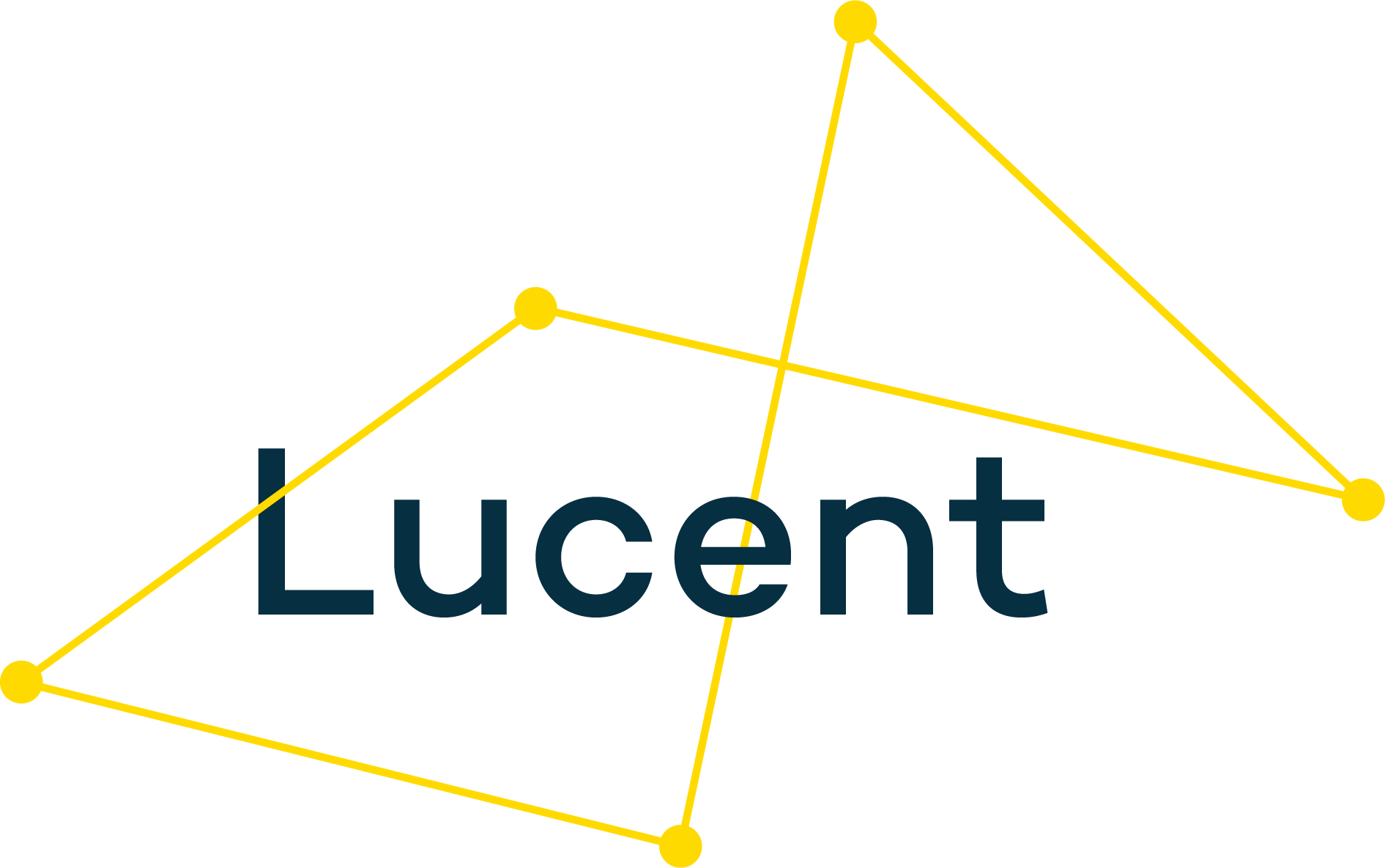Work on strategy and work on equity are at their most powerful when done together. Too often, even in social change organisations whose focus is on justice, considerations of equity, diversity and inclusion (EDI) are bolted on. Experience tells us that where EDI is not core business with clear priorities that drive daily activity, it is neglected or left undone.
By the same token, work on EDI needs to be strategic. It needs a compelling ambition, a clear motivation and a series of achievable but stretching short-, medium- and long-term goals. And it also needs to be comprehensive and cover both internally facing issues – such as staff and board representation – and externally facing ones – who you reach, how your programmes are designed, your organisational focus and priorities.
We work with those who want to leave their organisations, and ultimately society, in a better position than they inherited. We want to help leaders move beyond a sense of shame about past inaction or lack of knowledge and offer support to those who simply don’t know where to start.
Identity is complex
We recognise that while diversity is often spoken of in binary terms, identity is complex. No two people have the same identity, background and life story and we all experience a mixture of relative privilege and oppression. Our identities can change over time and, at points in our lives, different elements of our identity can feel more or less important. The goal is to ensure that service users, staff and board members can be their whole, full selves when in contact with your organisation.
With experience working on age, gender, race and disability, we know that equalities strands have distinct histories and manifestations. Our experience shows us that acting on diversity and developing strategy at the same time has a positive multiplier effect. And while it might seem like tough work at the beginning, those organisations who put both into action reap rewards and create a virtuous circle whereby, for example, a more diverse staff can help accelerate programmatic diversity and impact.
Taking the next step towards equity and justice
Both strategy and EDI require you to get underneath the skin of your daily work to identify underlying assumptions and biases. Terms such as meritocracy, cultural fit and risk can mask long-standing prejudices, operate as code for what is familiar, and reinforce discriminatory practices. Discussions about “hard to reach groups” problematise people and often ignore the reality that it is the institutions themselves that are “hard to understand and access”.
We feel this keenly because we are on our own journey. For example, in our early days, Lucent focused more on strategy side and were conscious a gap to fill on the EDI side. We continue to add skills and experience in this area and regularly share resources to help others develop their practice – for example, you can find resources for funder who want to develop their anti- racist practice here and you can find resources for those who want to support feminist causes here.
Prioritising work on inclusion has other benefits too. Taking even small steps will help you build new organisational muscles and competencies. In time, it will give you the confidence to be honest about what you don’t know and to recognise that, because this work is ultimately about human relationships, it will never be “done”.

